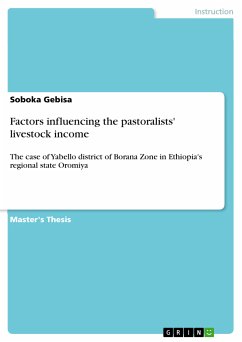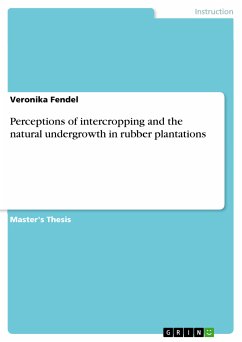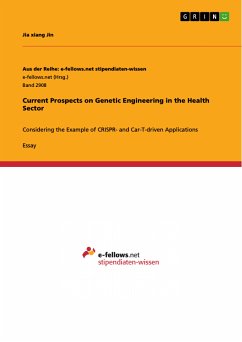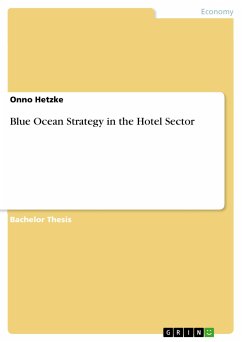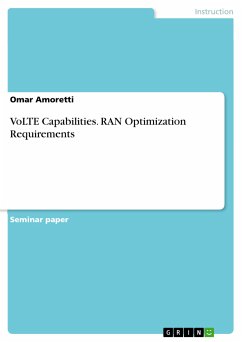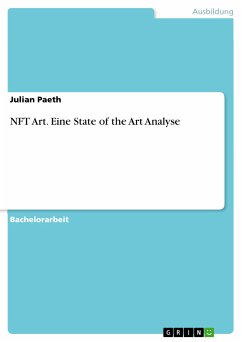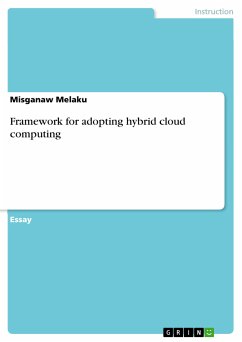Master's Thesis from the year 2018 in the subject Instructor Plans: Agriculture / Forestry / Gardening, Dilla University, language: English, abstract: This study assesses the factors influencing pastoralists' livestock income in the Yabello district in Ethiopia. The study employed primary data collected through household surveys. The 120 respondents were participated in the survey process those culled utilizing systematic random sampling procedures. A multiple linear regression model and descriptive statistics analysis were acclimated to find the result of the study. Livestock plays a significant role in the pastoral economy of Yabello. Most of the sample households' income source comes from livestock production, crop production and off-farm activities. The prominent result is that livestock production is the largest source of income for the sample household in Yabello. The total household farm income, which is a contribution of income from livestock and crop production, contributes the highest share in total household income in the study area. The statistical descriptive analysis indicated that livestock income was significantly associated with household age, family size, livelihoods choice, market price, and livestock holding of the household heads. The regression model also shows the factors that determine livestock income of the household heads in the study area was family size, livelihood strategy, livestock sales, livestock market price, pastoral extension agent contact and breed type was statically significant at 1% probability level. Livestock disease, drought and conflict risk was statically significant at 5% probability level. The study suggests that these pastoralists' livestockincome-influencing factors should be cautiously incorporated in pastoral development policies in order to ameliorate the pastoral household's livestock income in the study area.
Dieser Download kann aus rechtlichen Gründen nur mit Rechnungsadresse in A, B, BG, CY, CZ, D, DK, EW, E, FIN, F, GR, HR, H, IRL, I, LT, L, LR, M, NL, PL, P, R, S, SLO, SK ausgeliefert werden.
Hinweis: Dieser Artikel kann nur an eine deutsche Lieferadresse ausgeliefert werden.

